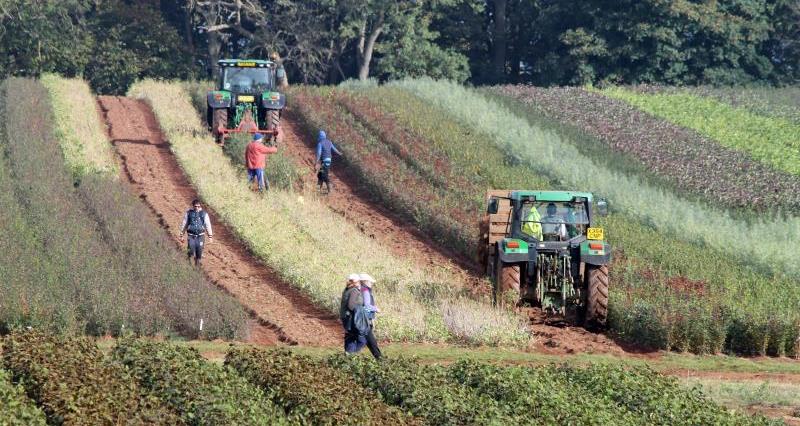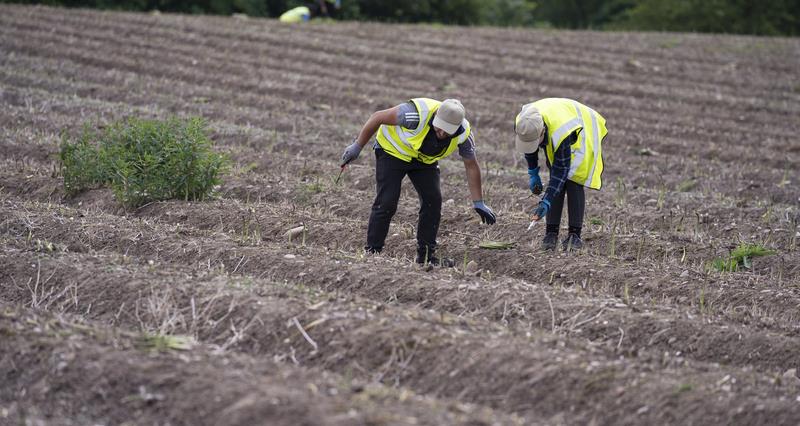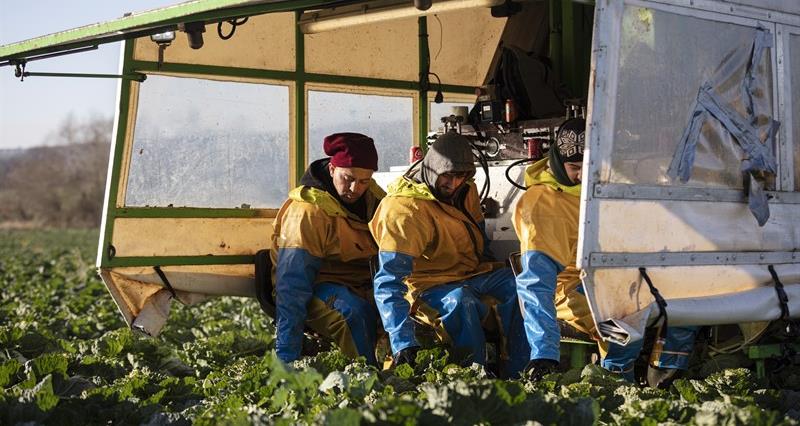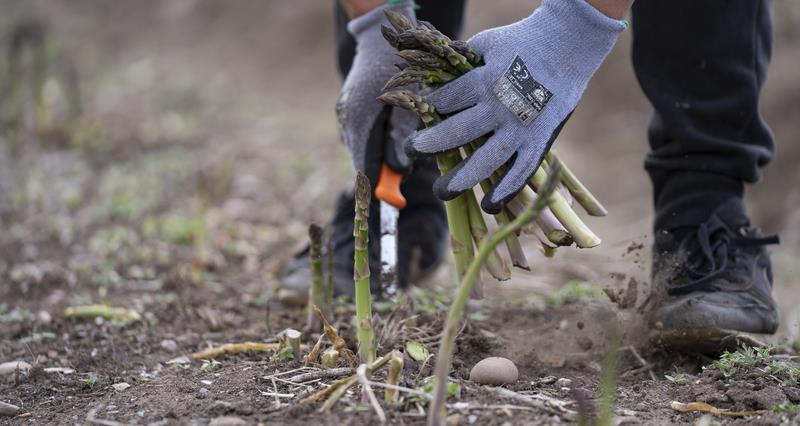Its long-awaited review report describes the route that allows overseas labour to work on UK horticulture and poultry farms as ‘clearly needed to maintain current levels of domestic food production in the short-to-medium term’.
The independent advisers to the government on immigration matters called for certainty on the future of the SWS (Seasonal Workers Scheme) arrangements with confirmation on visa numbers and five years’ notice of any plan to end the scheme and clarity on the criteria that will be used if visa numbers are tapered, which mirrors the NFU’s call for a rolling 5 year programme.
Importantly, the MAC (Migration Advisory Committee) also recognised the need for more flexible visas.
Certainty key to success of the scheme
The NFU had contributed to the review, telling the committee that without access to a pool of seasonal workers, the ‘current UK horticulture sector would collapse’.
NFU President Tom Bradshaw said: “We are pleased to see the MAC recognise how important the SWS is to domestic food security, set against a backdrop of global instability and climate change.
“It is especially pleasing that the review reinforces the NFU’s call on government to provide certainty about the future of the scheme, allowing food producing businesses to plan.
“It is vital that the new government commits to a five-year rolling scheme and reviews the costs associated to ensure all businesses can access it.”
NFU President Tom Bradshaw
“As it highlights, certainty is key to the success of the scheme for British farmers, growers, workers and consumers alike.
“Therefore, it is vital that the new government commits to a five-year rolling scheme and reviews the costs associated to ensure all businesses can access it. Certainty is the currency with which businesses trade and having this commitment would help to restore some of the lost confidence of British farmers and growers.”
MAC recommendations
Seasonal worker visa arrangements had previously been extended until the end of 2024, after the NFU and its members presented a catalogue of evidence. Some 45,000 visas for horticulture, with the potential for 10,000 more, and 2,000 visas for seasonal poultry staff were made available in 2023 and this year.
In a significant NFU win, the previous government had announced a five-year extension in May, promising 43,000 workers in the horticulture sector in 2025 and 2,000 in poultry.
Visa numbers for 2026 to 2029 had been due later this year, but SWS did not appear in the Labour manifesto, casting the arrangements into some doubt.
The MAC also recommended ‘fairer work and pay’ for those travelling under the scheme, and better employee rights for seasonal workers, with improved data and communication to limit the potential for abuse.
It also called for a fresh consideration of the ‘employer pays principle’ with further work to investigate how travel costs for workers might be ‘equitably shared along the supply chain’.
Worker welfare top priority
“Worker welfare is a top priority for our members and we continue to engage with all parts of the supply chain to ensure the skilled people who travel to the UK to help produce food for the nation have a positive experience,” Tom said, adding that the industry was already “highly regulated and audited”.
He said the NFU would work with government on plans for a single enforcement body and would look in detail at how “points around the employer pays principle would impact the range of farming and growing businesses we represent”.



